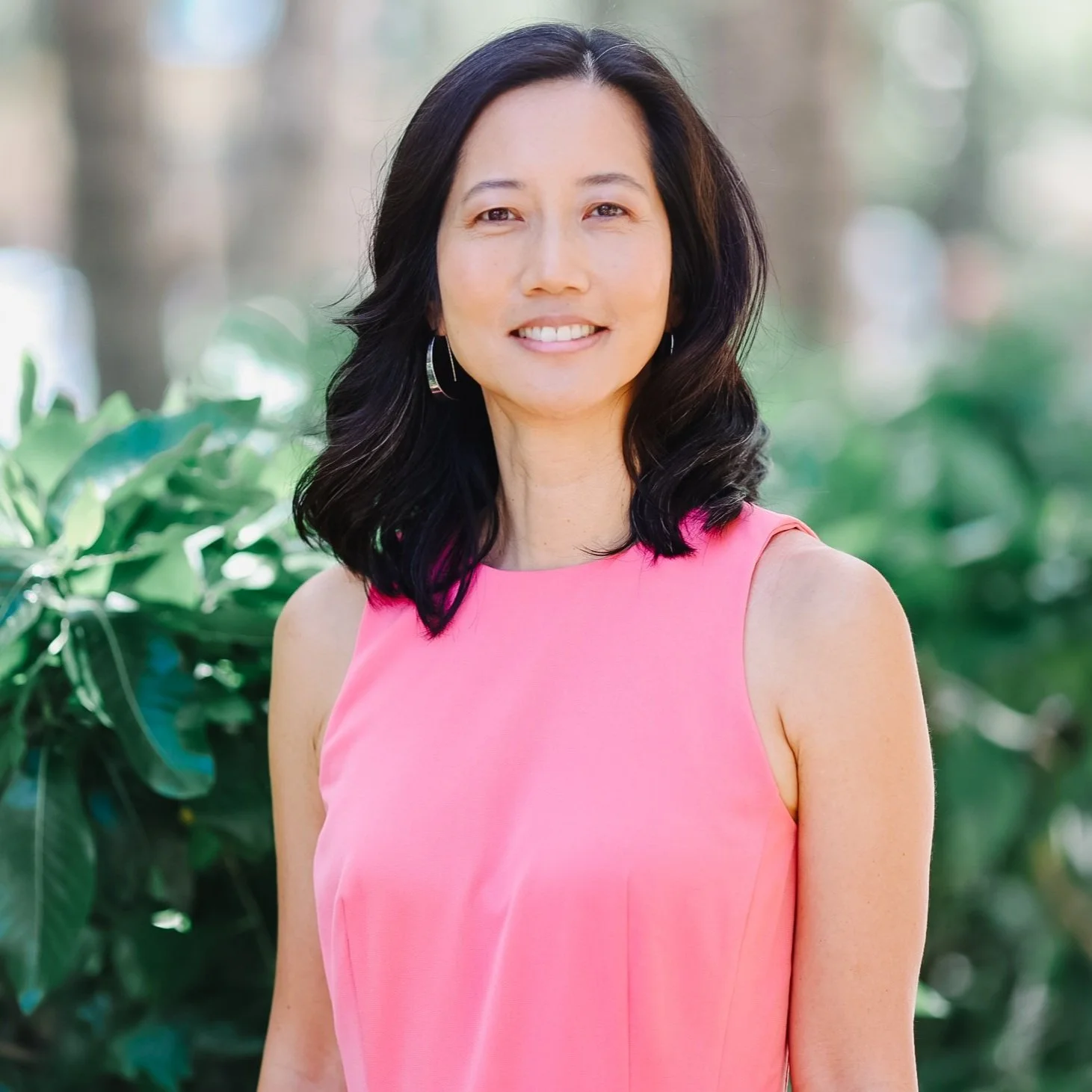Subscribe to
Something to Chew On
Something to Chew On is a newsletter I’ve cooked up to share some of my ruminations and marinations with family, friends, and colleagues.
More importantly, though, it’s meant as an invitation to (re)connect, reflect, and be in conversation, at a pace that works with all the goings-on in everyone’s lives.
Check out current and previous issues here. If it looks like your cup of tea, subscribe below. New issues will go out about once every month or two. Happy reading!
Resources for Learning and Evaluation
Seeking to learn more about equity-centered evaluation, data equity, or community-informed approaches to research?
We recommend the resources on this page as starting points in your journey. Check back soon, as we continually update this page with new and evolving resources.
-

The Equitable Evaluation Initiative provides a deep dive into reimagining what evaluation might be, both as a field and as a community of practitioners. The Writings & Resources webpage offers seminal resources on the topic of equitable evaluation.
-
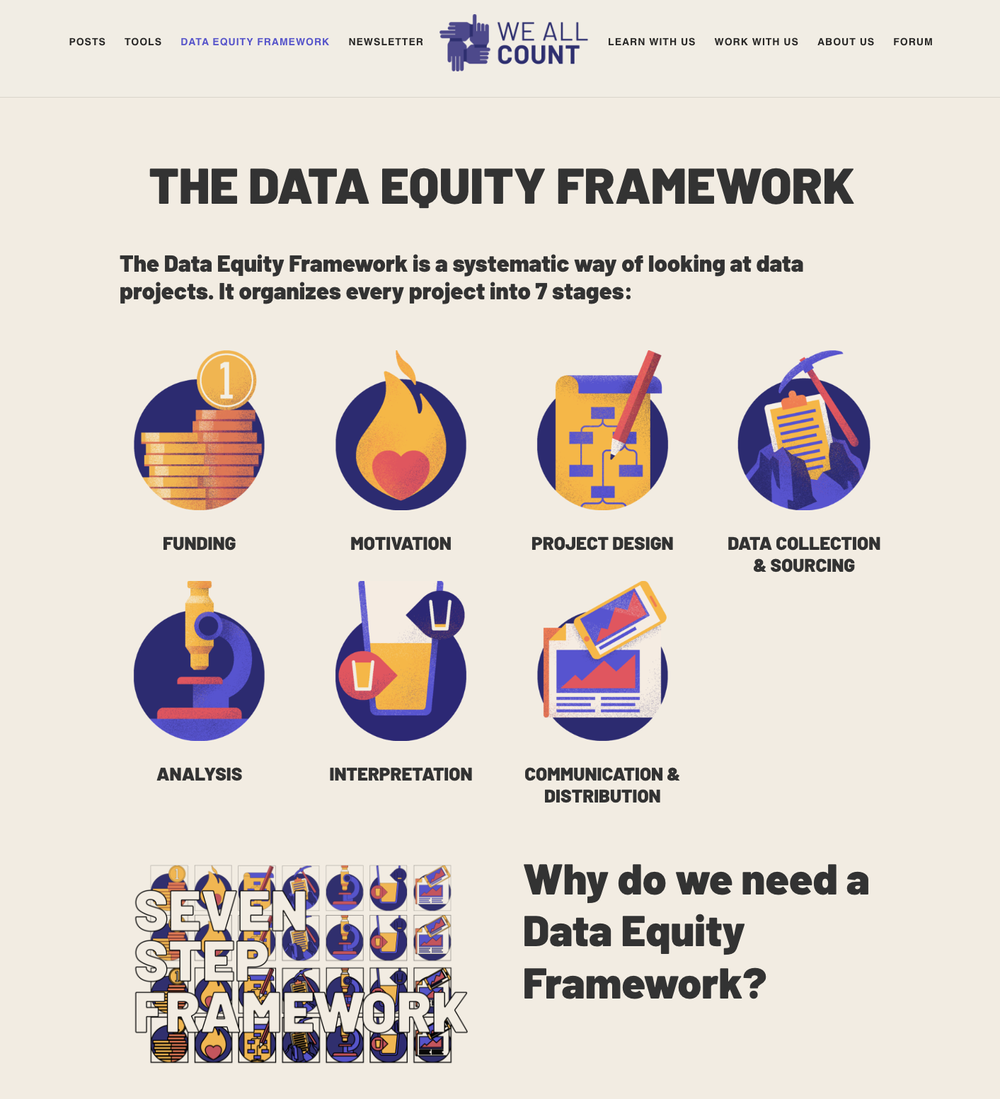
We All Count’s Data Equity Framework provides a structured approach to understanding the ways equity is part of each stage of a data project. Other offerings include Data Equity trainings, and a community forum on a range of data equity topics.
-
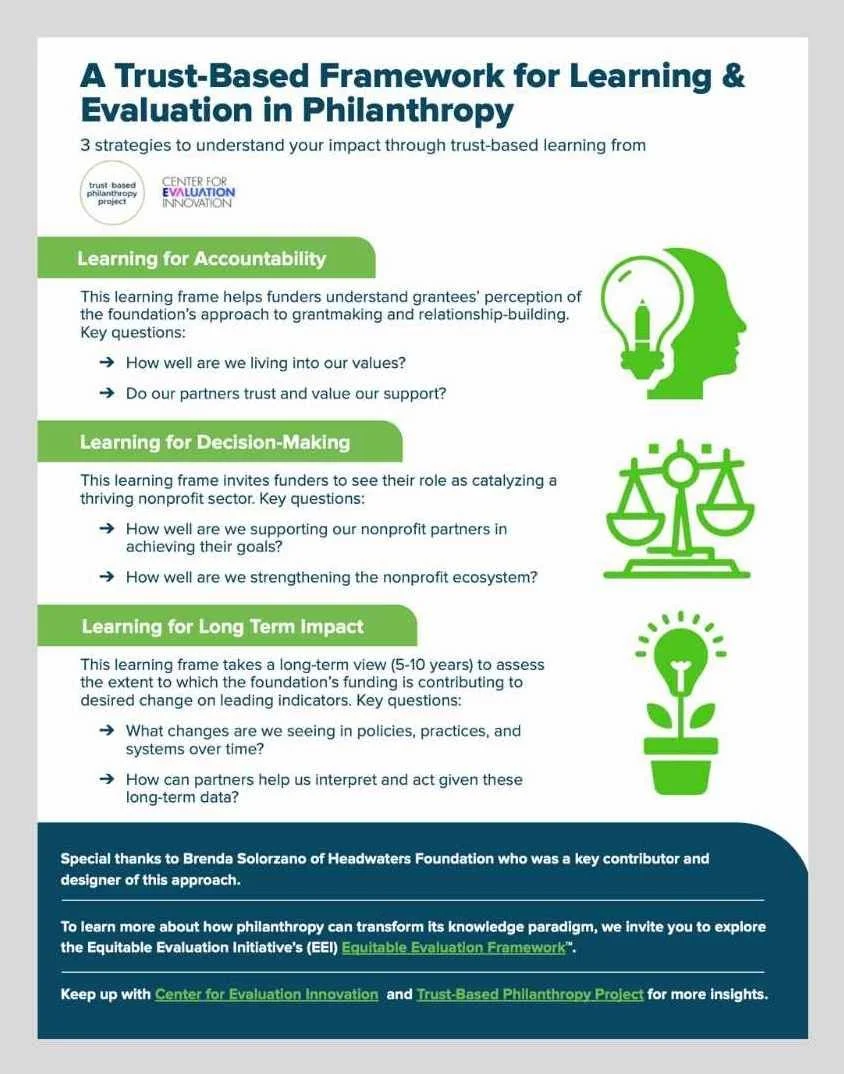
The Trust-based Philanthropy Project offers a framework for learning & evaluation in philanthropy grounded in “a more expansive, trust-based perspective… that funders can use to understand their impact.”
-

Chicago Beyond’s Why Am I Always Being Researched? aims to “shift the power dynamic and the way community organizations, researchers, and funders uncover knowledge together.” This grounded guide highlights seven inequities that are both obstacles to impact as well as opportunities for reimagining research in partnership with communities.
-

Measuring Love in the Journey for Justice: A Brown Paper, co-authored by Shiree Teng and Sammy Nuñez, asks essential questions about the purpose of social sector work, and how we might center love as foundational in our pursuit of results, measurement, accountability, and transformation.
-
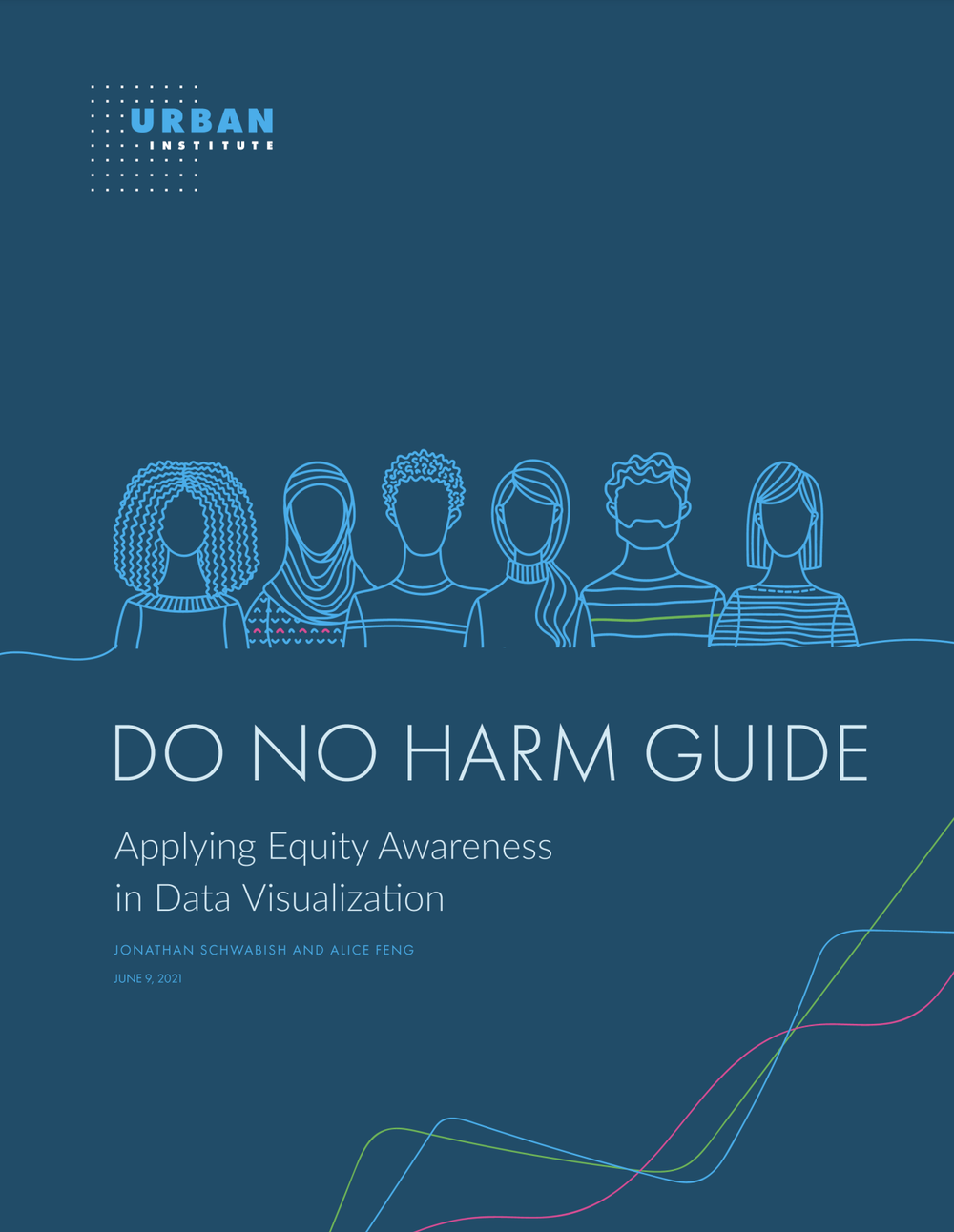
The Urban Institute’s Do No Harm Guide is essential reading for those seeking to integrate equity into their data practices, particularly in their data visualization. Be sure to check out the entire Do No Harm Project, which includes a series of reports that encourages viewing data communication through an equity lens.
-
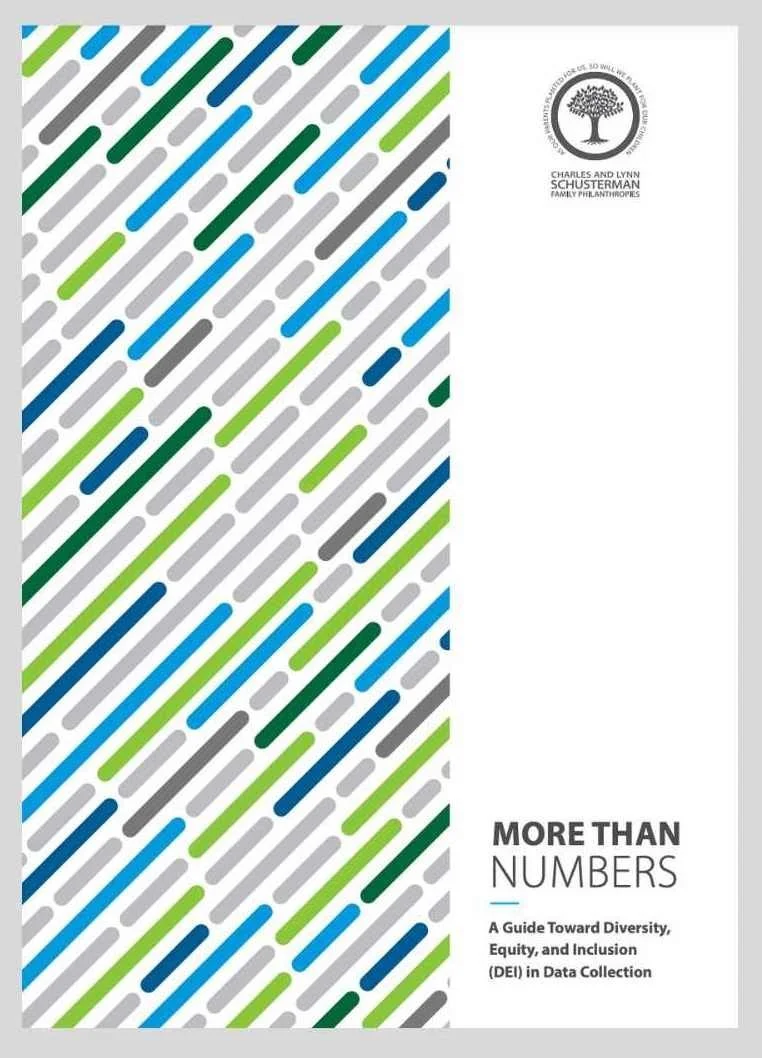
The Charles and Lynn Schusterman Family Philanthropies guide More Than Numbers: A Guide Toward Diversity, Equity, and Inclusion (DEI) in Data Collection offers a useful foundation and concrete examples to those seeking to collect demographic data such a race, ethnicity, gender identity, disability, and sexual orientation.
-
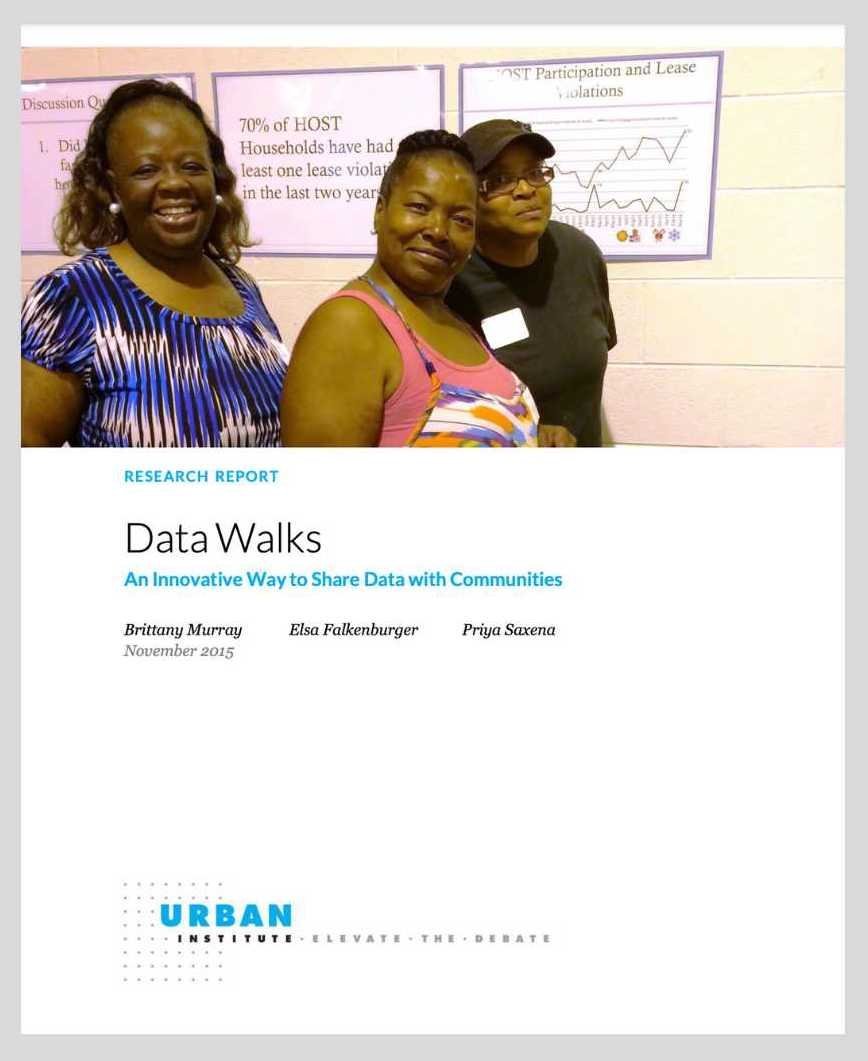
The Urban Institute’s Data Walks guide outlines a concrete strategy for sharing data back with communities in an accessible way, and for continuing to engage community members in the analysis and interpretation of collected data.
